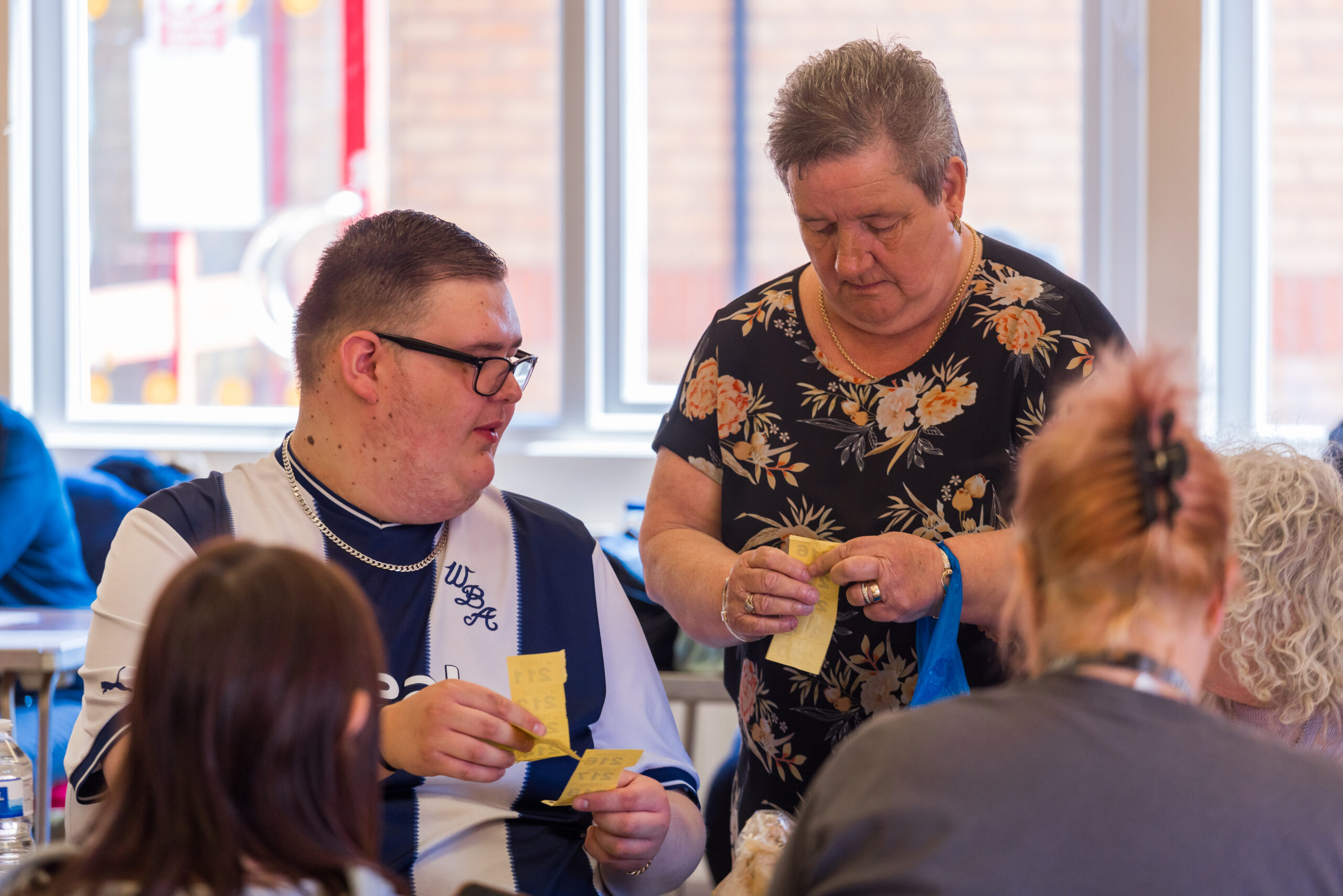Healthy Mind
Your mental health is just as important as your physical health. Knowing what support is available can help you start to make the steps to improve your wellbeing.

Need to talk?
Support for Adults
Support for Young People
Mental Health Services Directory
Suicide Prevention
Men’s Mental Health
Healthy Sleep
Stress
Understanding Addiction
Body Positivity
LGBTQ+ Health
Support for Parents
5 Ways to Wellbeing